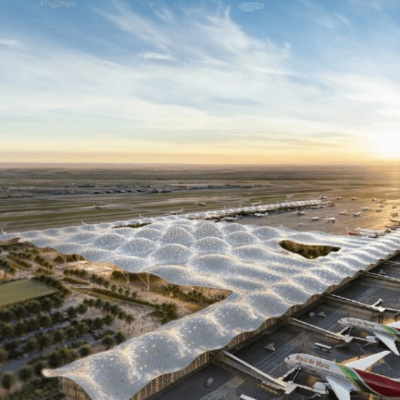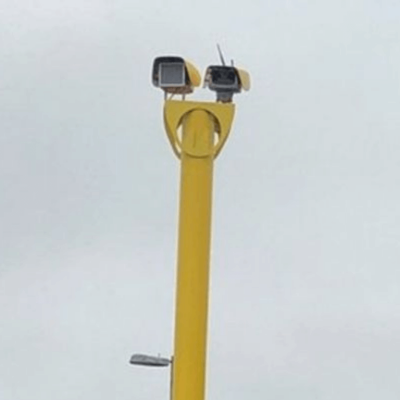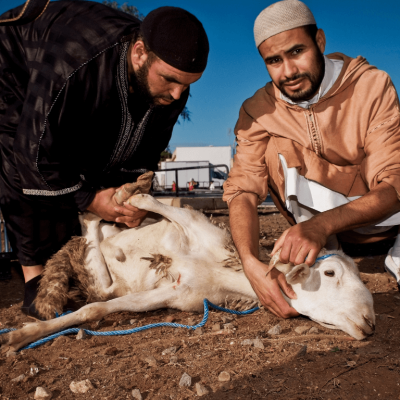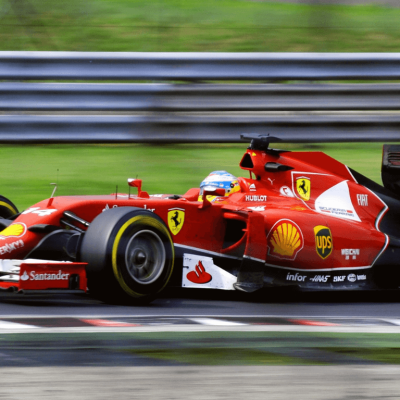Morocco and South Africa Discuss Cooperation Amid Western Sahara Tensions
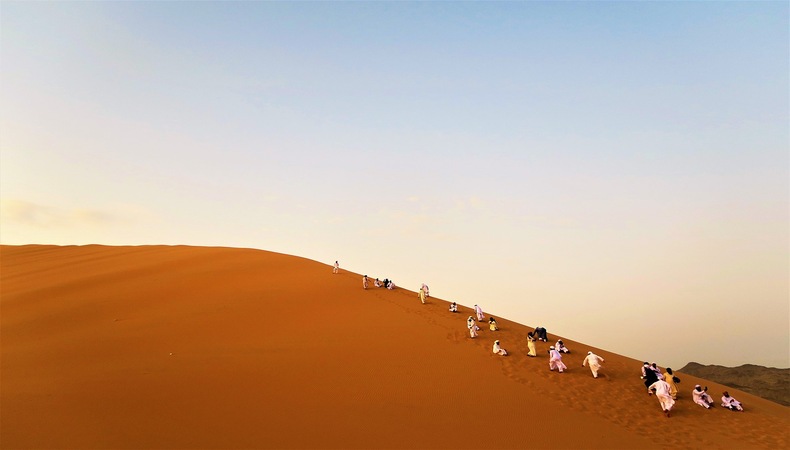
Two big actors on the African continent, Morocco and South Africa, have been in talks to improve bilateral cooperation despite continuous conflicts about the Western Sahara. To address the future of cooperation between Morocco and South Africa, Speaker of Morocco’s House of Representatives Rachid Talbi Alami visited Angela Thokozile Didiza, Speaker of the National Assembly of South Africa, in Johannesburg Friday.
Boosting Ties between Countries
Alami underlined in their conference Morocco’s eagerness to provide knowledge in several spheres, including the automobile business. He noted that both nations have significant roles in Africa and should make use of their advantages to promote cooperation benefiting their people as well as the continent overall. He underlined Morocco’s preparedness to support effective cooperation in many different fields, therefore pointing possible avenues for development.
Didiza said her nation was open to strengthening these relations, appreciating Morocco‘s democratic past and ability to provide insightful information. The representative from South Africa underlined the newly established national unity administration following the general elections in May and confirmed her will to investigate more thorough collaboration between the two countries.
Constant Tensions Regarding Western Sahara
Morocco’s support of the Polisario Front, a separatist movement aiming at Western Sahara, a territory Morocco claims as its own, keeps relations between Morocco and South Africa tense even with talks on collaboration. Under President Cyril Ramaphosa, South Africa has routinely supported the cause of the Polisario. With Morocco adamantly rejecting any South African participation in the Western Sahara crisis, this problem still causes a major obstacle in diplomatic ties.
Moroccan officials, notably Ambassador Omar Hilale, have underlined again that South Africa’s engagement in the Sahara matter is undesirable, especially in light of recent actions such the attendance of the ambassador to Switzerland at a pro-Polisario meeting in Geneva.
New Ideas and Global Support
These meetings between Alami and Didiza represent the first high-level interaction between the two nations since the unity government of South Africa came into being. Although Moroccan and South African diplomats have past meetings, including one between Moroccan Foreign Minister Nasser Bourita and South African Minister Ronald Lamola in July at an African Union event, official comments have been mainly lacking, reflecting the cautious diplomacy between the countries.
Globally, meantime, support for Morocco’s autonomy proposal for Western Sahara has been rising among nations. August saw a report by the Institute for Security Studies (ISS) in South Africa highlighting declining Polisario influence and growing acceptance of Morocco’s proposed sole workable solution. Still, the Polisario enjoys trade unions firmly allied with Ramaphosa’s government as well as the support of political factions from South Africa, including the ANC and the Communist Party.
Although Alami and Didiza’s conference marks a first toward possible cooperation, the Western Sahara conflict still poses a major barrier. The question will probably stay top priority in diplomatic relations as Morocco keeps looking for closer links with South Africa, therefore affecting next interactions between the two countries.

